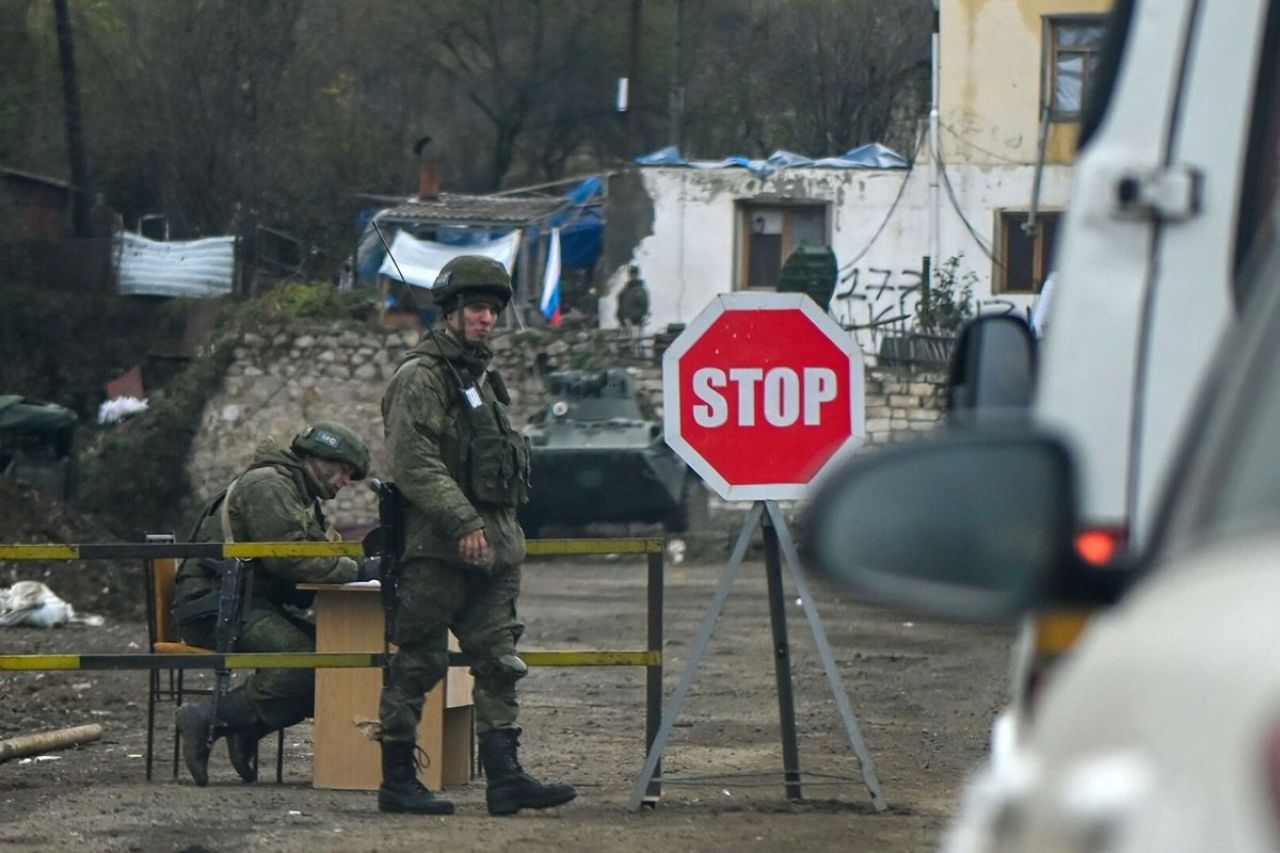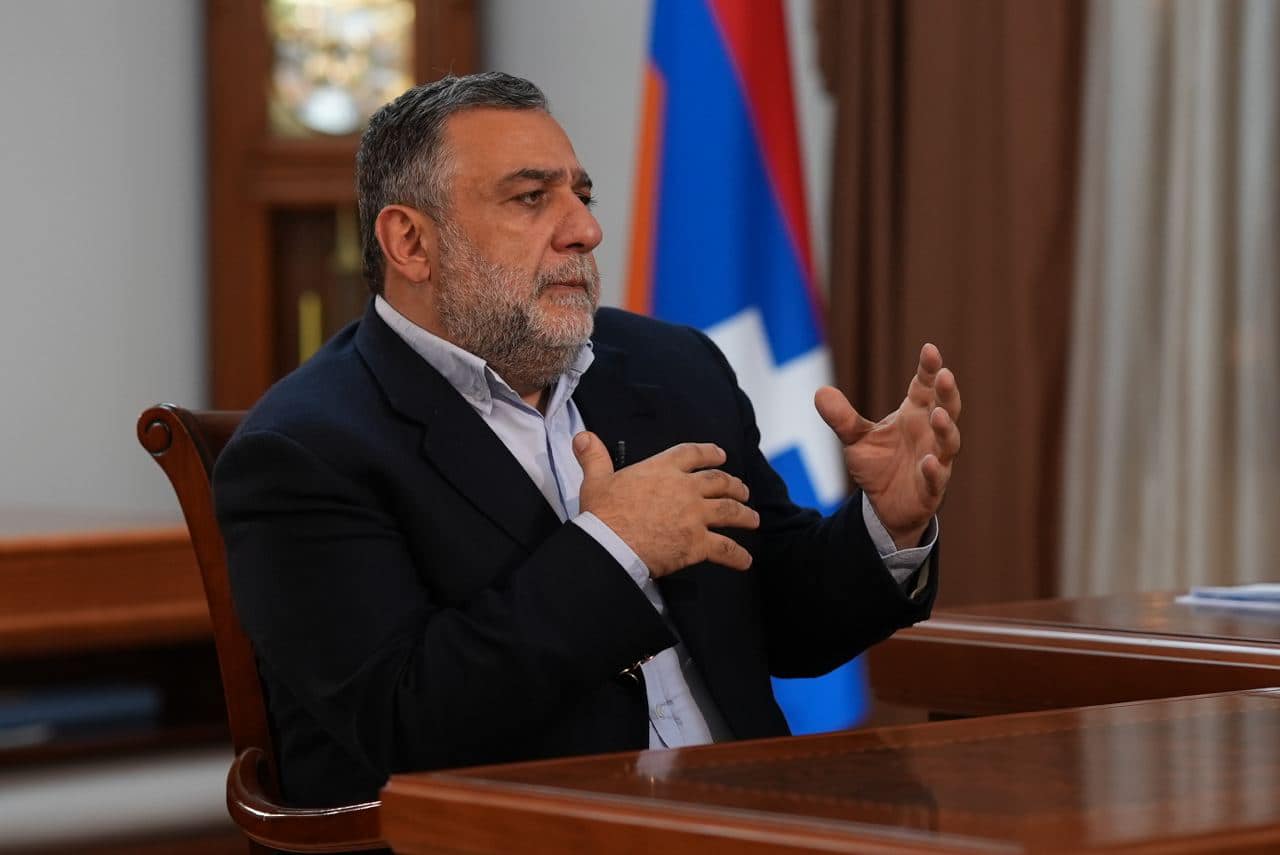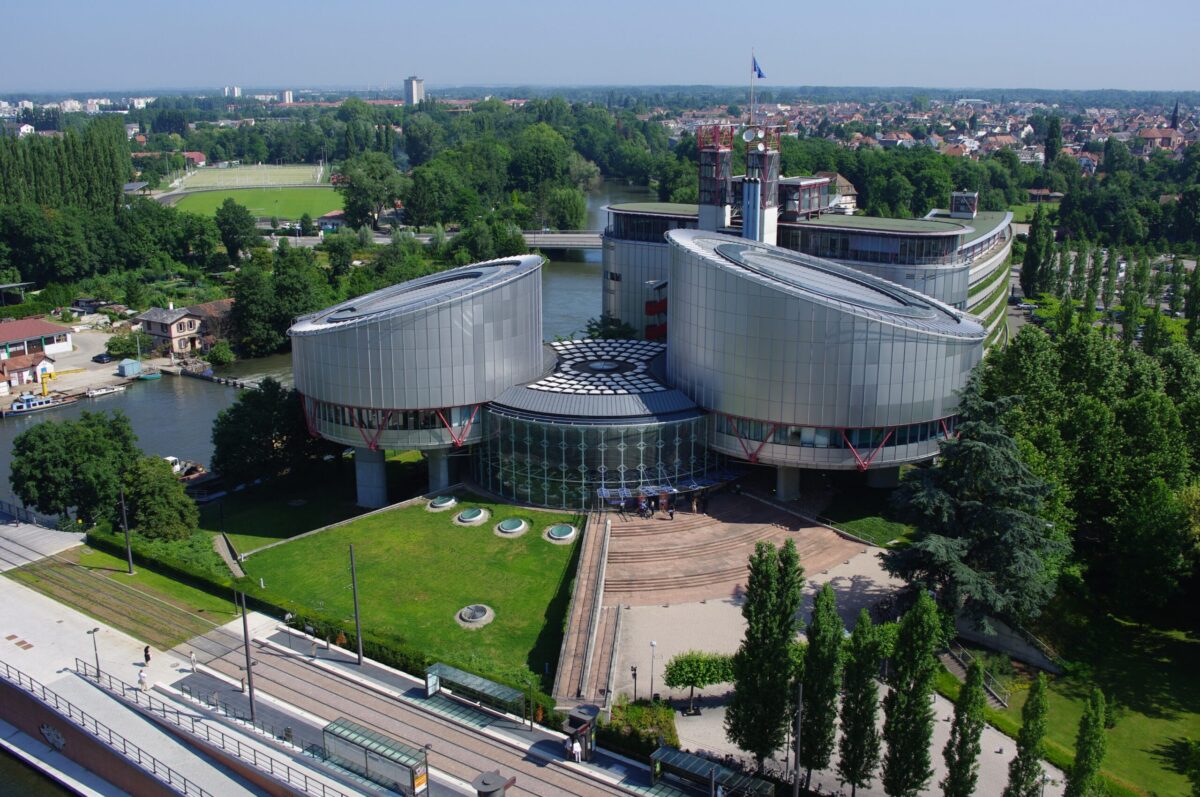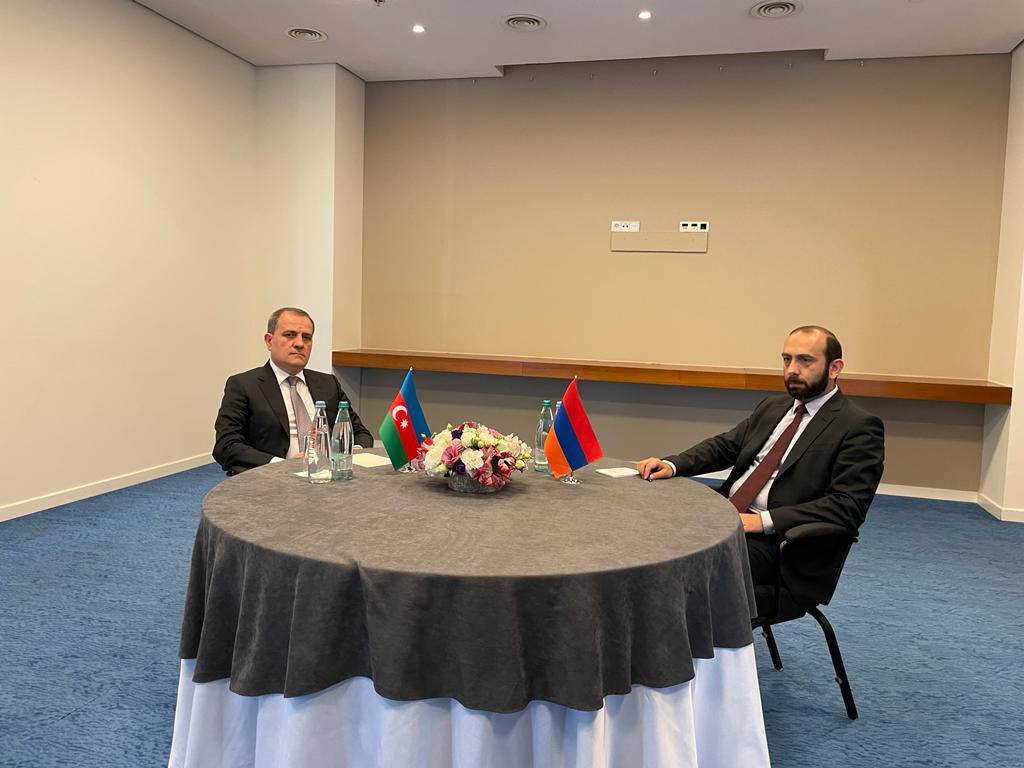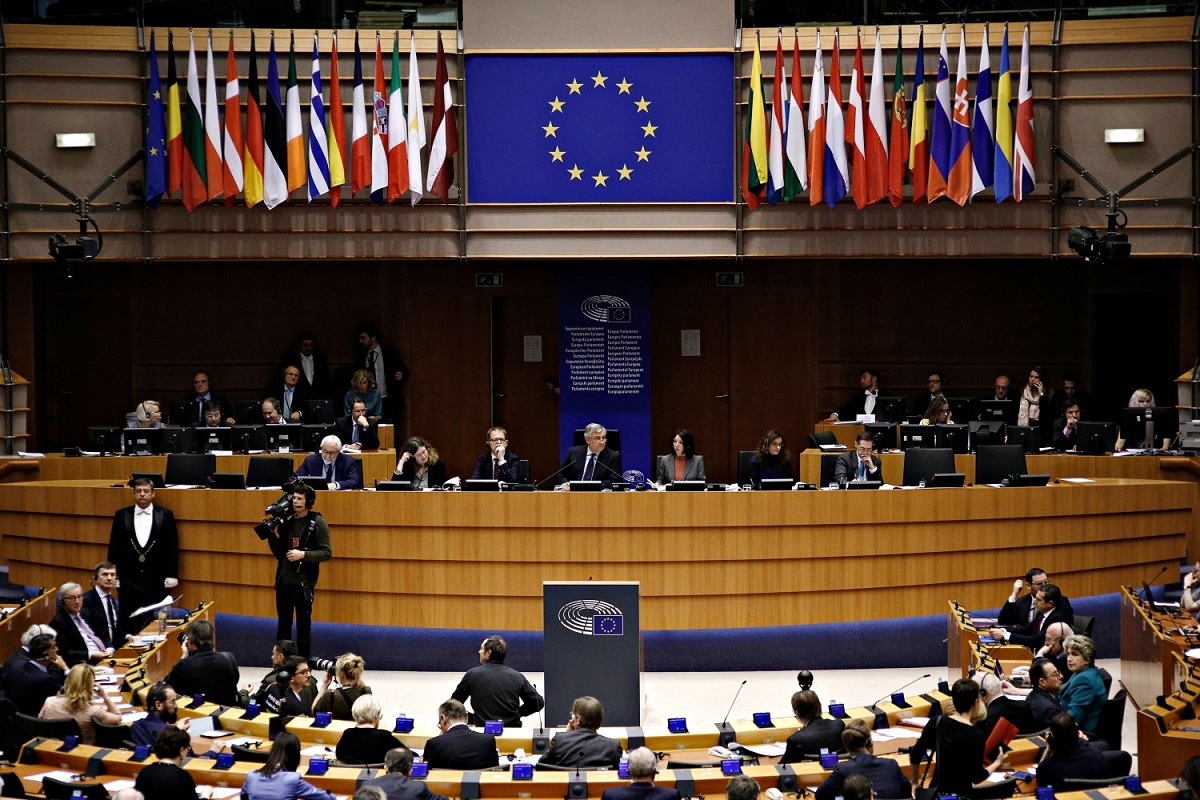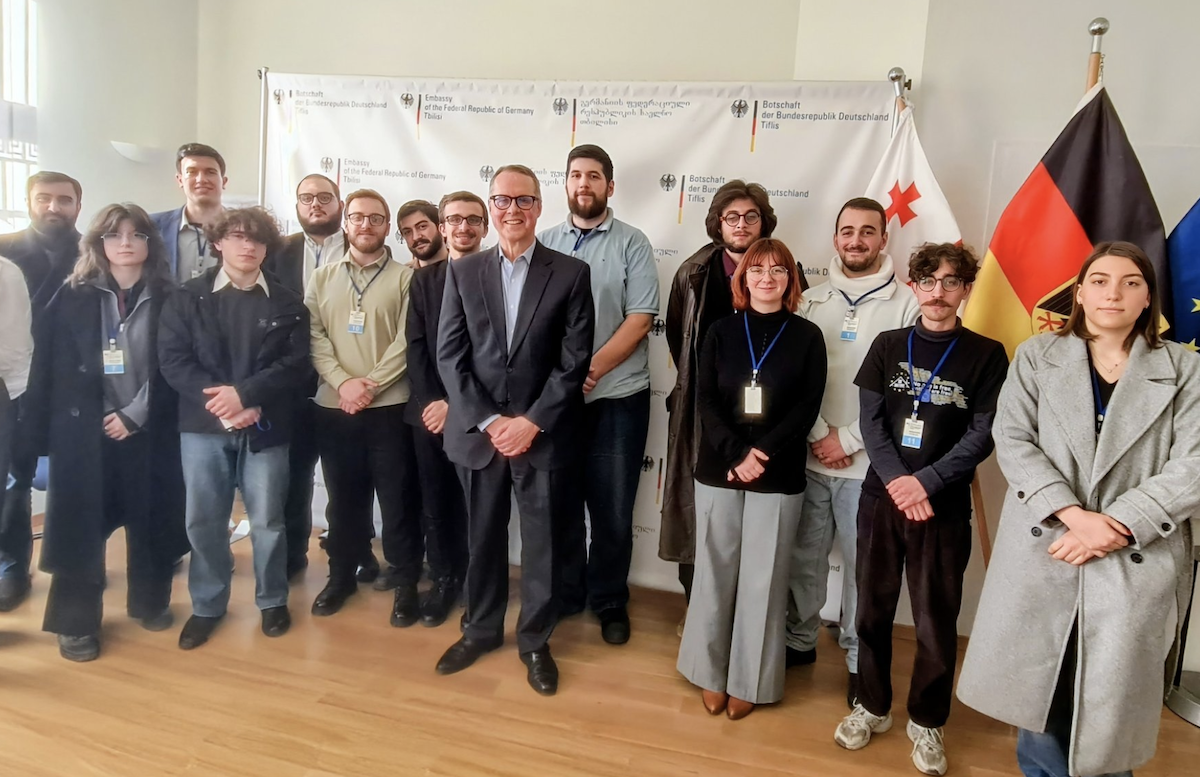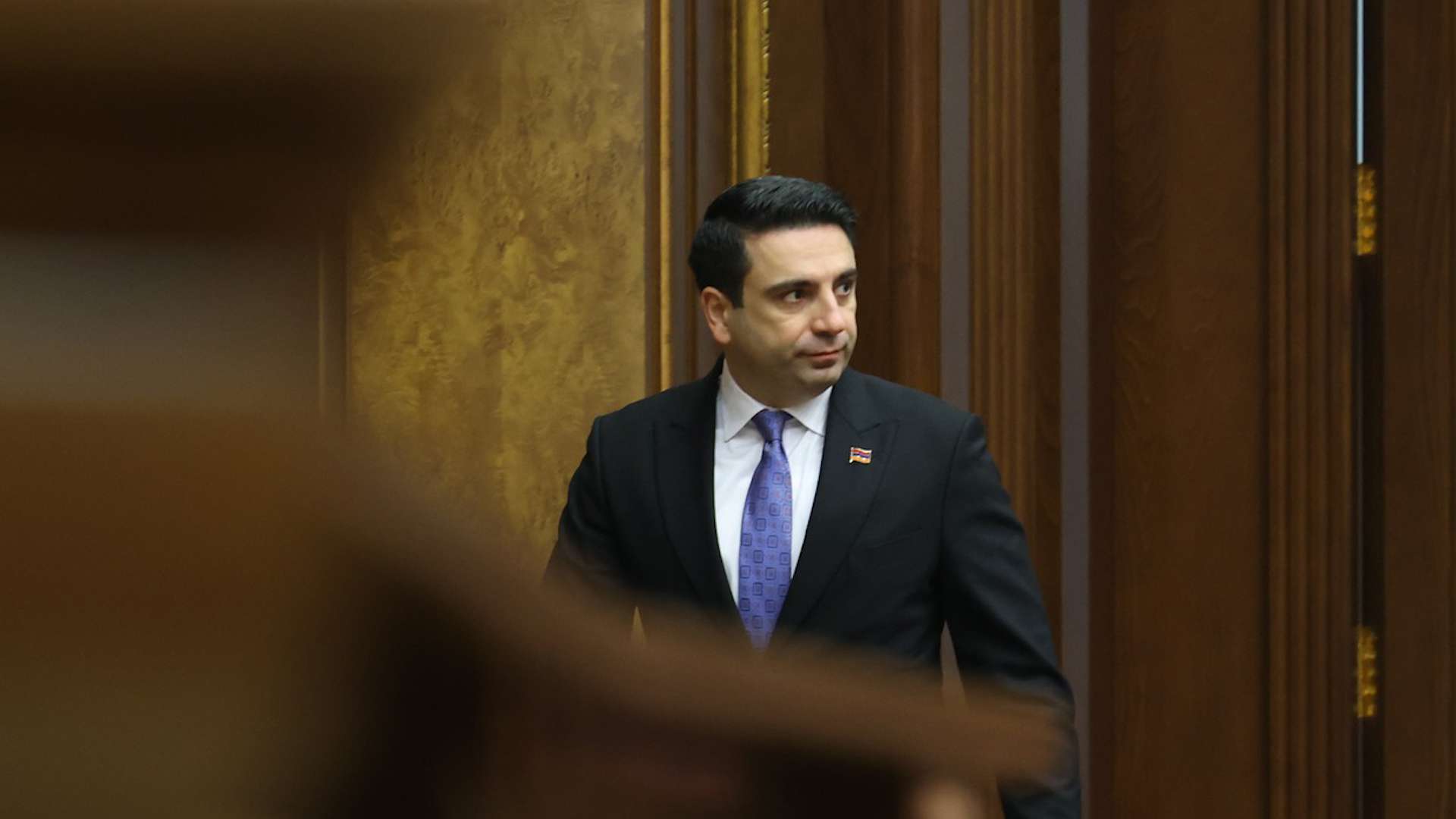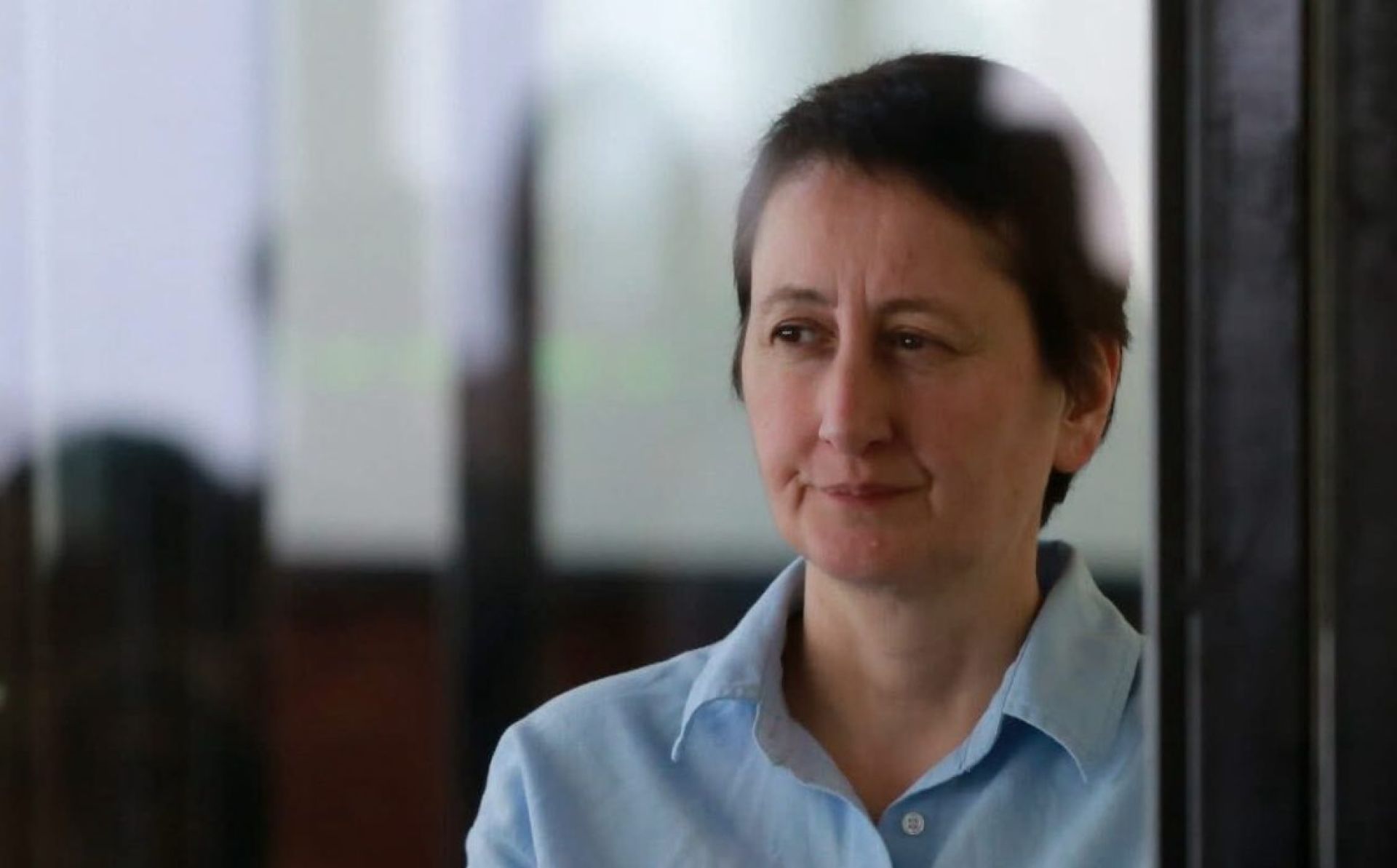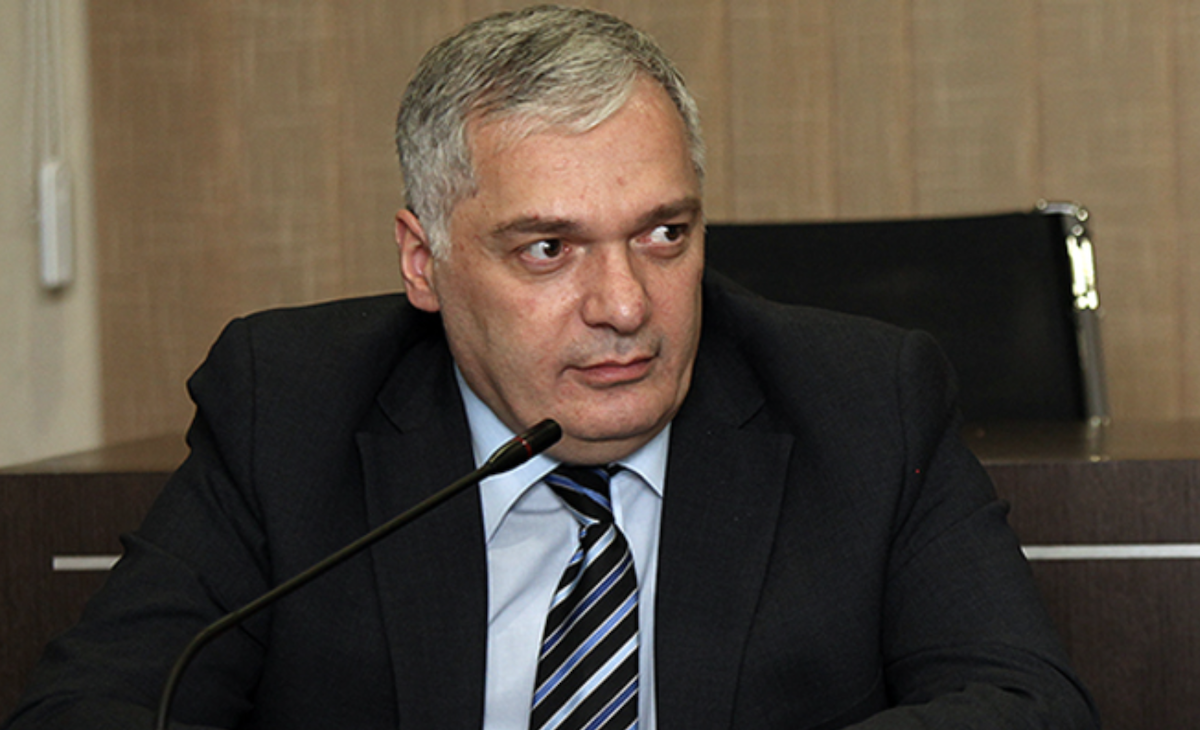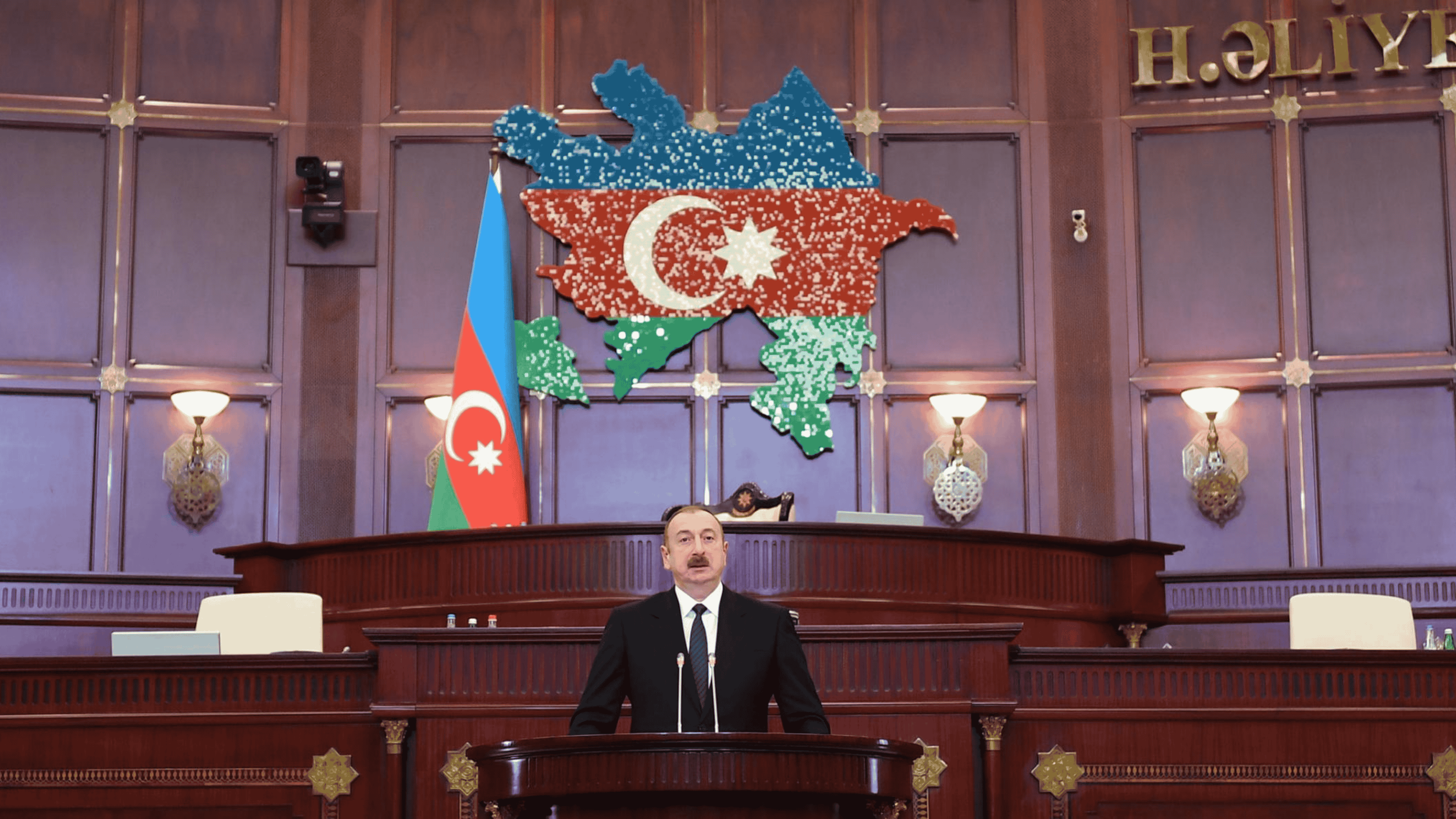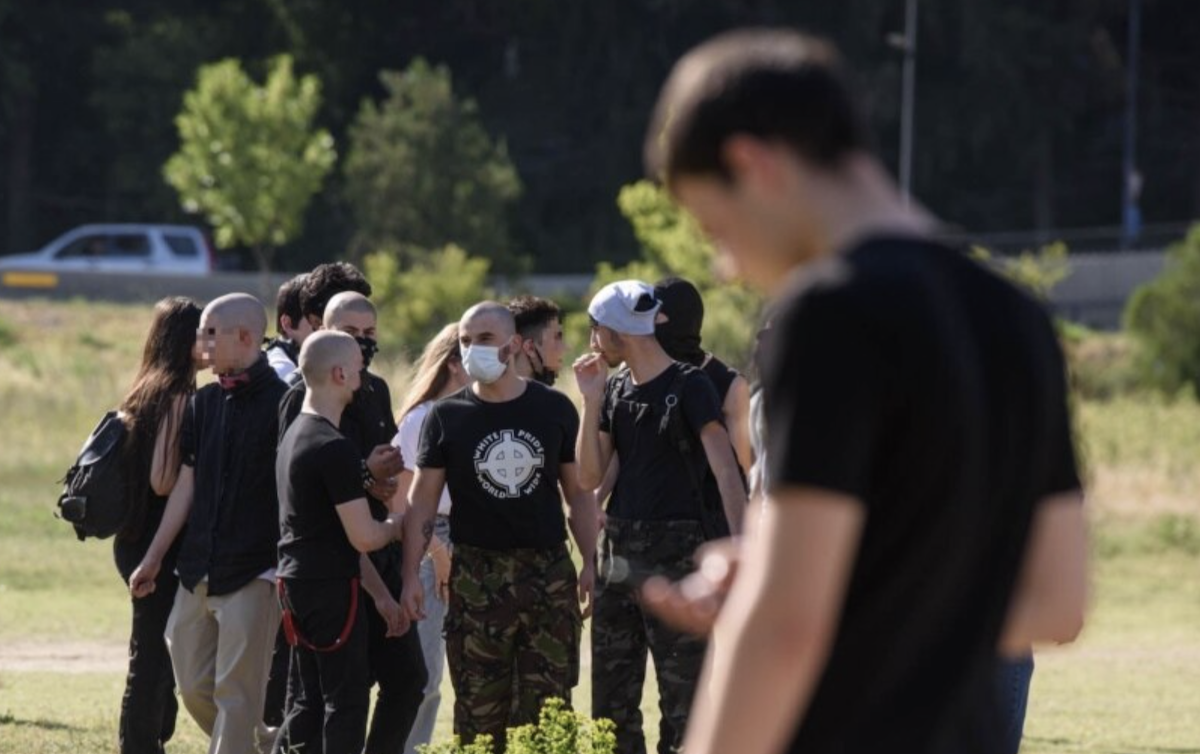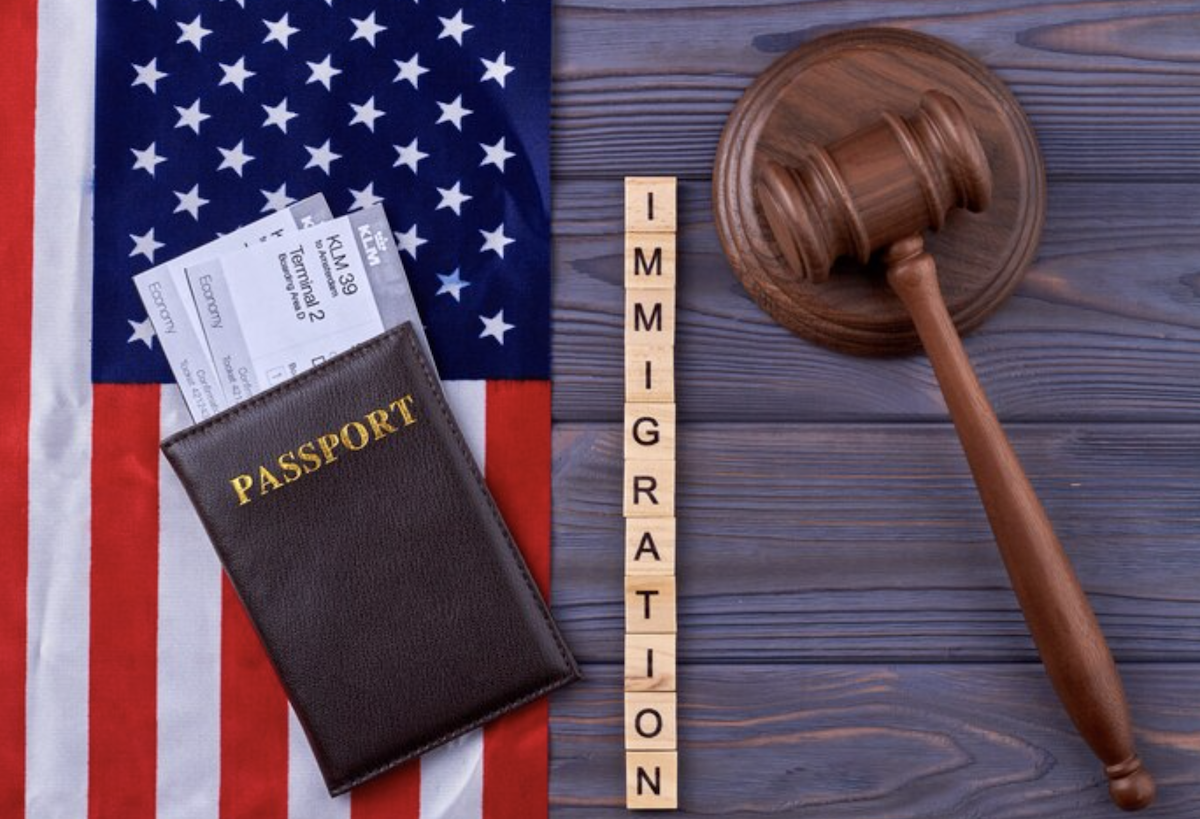"The last hope of the Armenians of Nagorno-Karabakh": hearings in the Hague
Hearings in the Hague on Nagorno-Karabakh
“Unless the court takes immediate action, the Armenians of Nagorno-Karabakh will face an impossible choice: to leave their ancestral homes or stay and starve to death,” Yeghishe Kirakosyan, Armenia’s representative for international legal affairs, told the International Court of Justice.
Armenia appealed to the courtwith a demand to apply interim measures and oblige Azerbaijan to open the Lachin corridor – now blocked for fifty-one days – ensuring the free movement of people and vehicles, and restore the electrical supply to Nagorno-Karabakh. Hearings on Armenia’s demands began on January 30.
On January 31 there will be a hearing on Azerbaijan’s own claims against Armenia. Azerbaijan demands interim measures to oblige Armenia to “stop mining and transporting mines through the Lachin corridor.”
Both hearings are taking place under an application to the International Convention on the Elimination of All Forms of Racial Discrimination.
- Egypt ready to become a mediator in resolving Armenian-Azerbaijani relations
- “Armenia is leaving the club of failed states” – Armenian political scientist
- Azerbaijan vs. Armenia in international court
Interim measures – pending final decision
Yeghishe Kirakosyan asked the court to oblige Azerbaijan to execute interim measures before a decision is made:
- “Azerbaijan must stop supporting the so-called protests violating free movement along the Lachin corridor in both directions. Azerbaijan must guarantee the uninterrupted movement of all people, cargo and vehicles through the Lachin corridor.
- Azerbaijan must immediately fully restore and refrain from disrupting the supply of natural gas and other public services to Nagorno-Karabakh.”
According to him, Armenia hoped that these issues would be resolved with the intervention of the UN Security Council:
“However, Azerbaijan seems determined to ‘strangle’ the ethnic Armenians of Nagorno-Karabakh. One person has already died due to lack of medical care. Others may soon suffer a similar fate.”
The Armenian side asked the court to make a decision as soon as possible, given the urgency of the issue.
But according to experts, a decision will be made in the coming months, or at best within a few weeks.
“Azerbaijan ignored the Strasbourg Court”
According to Kirakosyan, if the court does not take urgent measures the Armenians of Nagorno Karabakh will face a choice: to leave their homeland or die of hunger.
He recalled the words of the President of Azerbaijan that Azerbaijan should “expel the Armenians from their lands”, and quoted the following statement by Aliyev: “Whoever does not want to become a citizen of our country, the road is not closed and they can leave. Nobody will stop with them. They can leave in the cargo compartment of peacekeepers’ trucks, on buses. The road is open.”
“In other words, Armenians cannot enter Karabakh, but they can leave it. Today there is no place for such egregious acts of ethnic cleansing. And this trial is the last hope for the Armenians of Nagorno-Karabakh,” Kirakosyan said.
He also said that “Azerbaijan has already ignored the Strasbourg court.”
On December 14, Armenia applied to the European Court of Human Rights with a demand for interim measures against Azerbaijan and oblige them to unblock the Lachin corridor. On December 21, the ECHR partially granted Armenia’s request, obliging Baku to “ensure the movement of seriously ill people in need of medical care, as well as people left on the road without shelter or livelihood, through the Lachin corridor.”
According to Kirakosyan, Azerbaijan “is trying to justify and perpetuate the blockade with the help of environmental fabrications, which, however, no one believes in.” Kirakosyan said that in this way Baku is violating the obligations assumed by the statement of November 9, 2020, according to which Azerbaijan guarantees the safety of the movement of citizens, vehicles and goods along the Lachin corridor.
“Remove the effects of brutal isolation”
Lawrence Martin, a lawyer representing Armenia’s claims, says that Aliyev “never made a secret of his goal to expel the Armenians from Nagorno-Karabakh.”
“This is a man who likes to call Armenians dogs, savages, barbarians,” Martin said.
Martin recalled that after the blockade of Nagorno-Karabakh, the authorities of the unrecognized republic reacted to the demands of the protesters. First, it was announced that international observers would be allowed to visit the mines for which Azerbaijanis demand monitoring. Then a decision was made to admit observers from Russia and Azerbaijan, work in the mines was stopped, but the blockade continued.
“Moreover, shortly after the start of the blockade, the protesters began to put forward new demands that had nothing to do with their so-called environmental demands and were clearly more about territorial sovereignty,” Martin said.
Azerbaijan is actually trying to “achieve the expulsion of Armenians from Nagorno-Karabakh declared by Ilham Aliyev.”
According to Konstantinos Salonitis, another lawyer representing Armenia, the humanitarian crisis caused by the blockade of the Lachin corridor will continue unless the Hague court intervenes:
“Chemotherapy is impossible to get, people do not receive treatment for seven weeks, that is, the chances of curing cancer are slowly reduced to zero. At the moment, hundreds of elective operations are suspended indefinitely, there is no way to heat hospital rooms enough to provide a safe minimum temperature.”
“The blockade must be lifted completely. And unhindered access to public services must be ensured in order to reverse the effects of the blockade on all those affected by this brutal isolation. This is not only the conclusion of Armenia, this is the conclusion of the international community,” he said.
Baku counterarguments
Azerbaijan calls the accusations of the Armenian side “groundless”. The representative of the country in the Hague court, Elnur Mammadov, said that Armenia uses the closure of the Lachin corridor as “political leverage”:
“The protesters [Azerbaijanis blocking the Lachin corridor] regularly report that they have no purpose and were not going to block the road. In fact, every day dozens of cars and trucks pass by the place of the action. While I’m speaking here, 19 people accompanied by the Red Cross drove down the corridor.
Comment
According to international law specialist Ara Khzmalyan, there are legal and factual grounds to believe that Armenia’s demand for interim measures will be satisfied.
“The chances are high and a positive court decision can be expected. The demand was very well presented by Armenia,” he told JAMnews.
According to Khzmalyan, if the court satisfies the decision and the parties do not comply with it, the UN Security Council would step in. At the same time, he notes that there are states that can use the right of veto against Armenia in the Security Council, because the structure is “paralyzed to the detriment of Armenia.”
According to Khzmalyan, theoretically it cannot be ruled out that Azerbaijan will not comply with the decision, but this will be fraught with “serious diplomatic consequences.”
“This may become the basis for material requirements, it will also be possible to talk about the individual responsibility of the leadership of Azerbaijan. We are talking about international criminal responsibility,” Khzmalyan said.
“Azerbaijan’s position is on the verge of a crime called genocide. In fact, Baku has created such conditions that force people to leave their homeland, their homes, in order to avoid the threat of death, which is the definition of genocide. Therefore, if the interim measure is not adopted, more serious consequences will result, criminal prosecution will become more likely.”
If the Hague does not oblige Azerbaijan to comply with interim measures, according to Khzmalyan, Armenia will have to urgently ratify the Rome Statute of the International Criminal Court.
The Rome Statute of the International Criminal Court is an international treaty that established the International Criminal Court. The international tribunals operating in the 1990s (the International Tribunal for the Former Yugoslavia and the International Tribunal for Rwanda) demonstrated to the international community the need for an independent and permanent court to deal with cases of genocide, war crimes and crimes against humanity.
Follow us – Twitter | Facebook | Instagram
Hearings before the Hague Court










